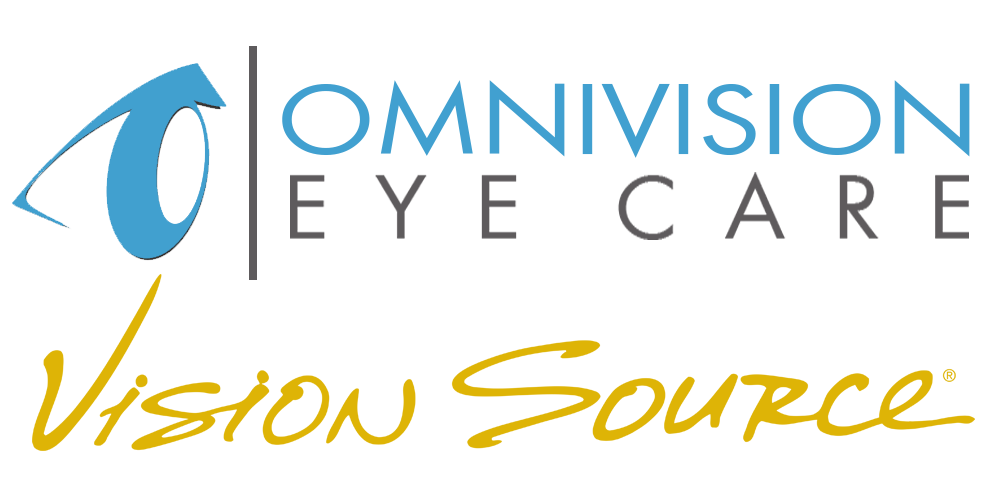When there are problems with your teeth’s position or alignment, braces are provided to improve a person’s bite and dental health. Why should your eyes be different? Though glasses and prescription contact lenses can help manage your vision and help you to see, isn’t there anything that can correct your vision, so you don’t have to worry about glasses or contacts? Actually, there is, and it’s called orthokeratology!
Seeing Clearly: Exploring the Benefits of Orthokeratology
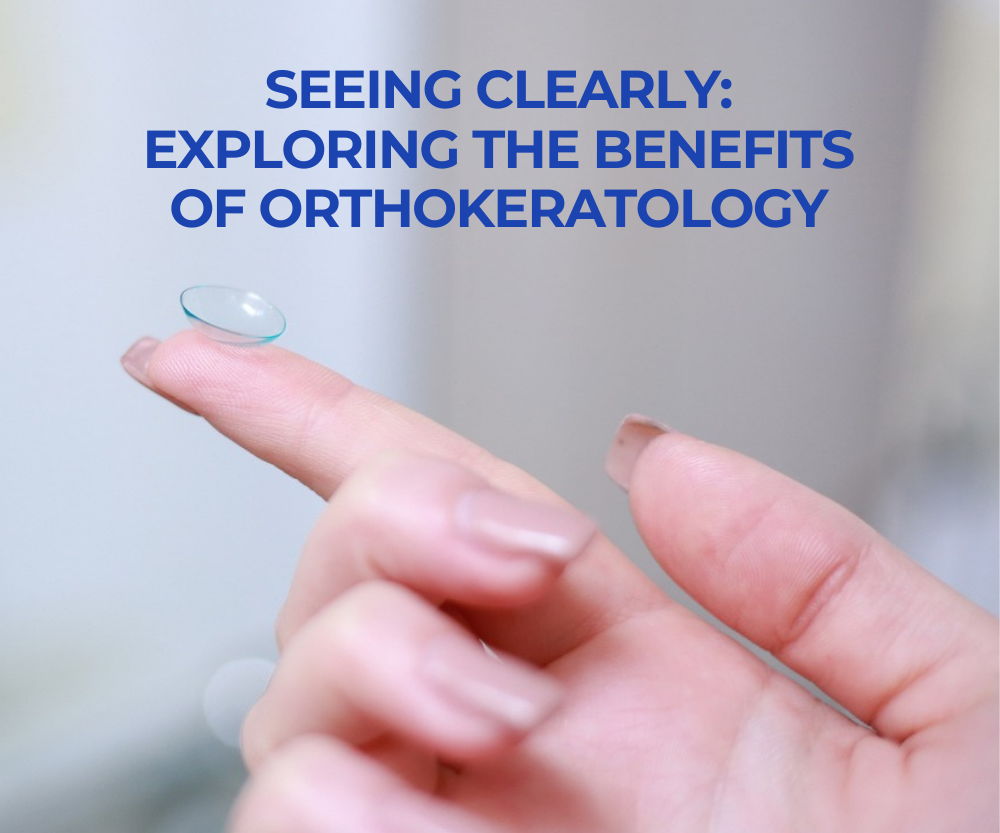
What is Orthokeratology?
One of the primary advantages of contact lenses is their convenience. Unlike glasses, which can sometimes feel cumbersome or restrictive, contact lenses provide wearers with unparalleled freedom of movement. Whether you’re playing sports, exercising, or simply going about your daily activities, contact lenses stay securely in place, allowing for uninterrupted vision without any obstructions. Our selection of comfortable and breathable contact lenses, you can enjoy crystal-clear vision without sacrificing convenience.
How does it work?
In the initial visit, your doctor will test your eyes to determine if they are healthy, examine your retina, and retake your prescription. If you are a good candidate for Ortho-K lenses, your cornea’s surface will be mapped and measured so that your lenses can be specifically designed for you and your visual goals.
On the day you get your lenses, you will be instructed on how to insert, remove, and care for your lenses. Follow-up appointments will be scheduled, including one for the following day so that your doctor can evaluate your fit and vision after the first night of use.
As mentioned above, Ortho-K lenses are uniquely designed to the shape of the patient’s cornea and the desired change in prescription to allow for reshaping. The back surface of the lens is designed to create a certain shape and level of thickness of the tear layer between the lens and cornea. The cornea is a clear, dome-shaped window in front of your eye that focuses light onto the retina and is responsible for most of the eye’s ability to focus. Overnight, the lenses mold the eye by flattening the cornea into the desired shape, refocusing light on your retina for visual correction.
It is recommended that patients use their Ortho-K lenses nightly to maintain their progress and to achieve vision correction. After several months, patients may be able to vary their wearing time depending on the flexibility of their cornea.
Throughout the first few weeks, your doctor will monitor your eye health and the effectiveness of treatment. Typically, patients require at least 3 modified lenses before they reach their desired level of vision correction.
Results
Patients with milder prescriptions often experience significant improvements after several days, but most patients require several weeks before achieving maximum vision correction. Typically, one night of wearing the lenses can have effects that last 2 full days, but it is recommended that patients wear the Ortho-K lenses as instructed by their doctor.
It is important to note that the corneal reshaping effect from Ortho-K lenses is temporary, meaning that should you discontinue using your lenses, your vision will gradually revert to how it was before treatment began. However, if worn consistently, patients can maintain improvements in their vision.
As stated previously, patients will need a series of Ortho-K lenses before reaching the desired prescription.
Until your eyes are fully corrected, you may notice blurred vision, glares, or halos around lights. You may need to wear glasses with a lesser prescription than what you had before treatment. At first, the lenses may feel uncomfortable, but you should not feel them once you fall asleep, as you get further along in your treatment you will notice your lenses less and less.
Is orthokeratology safe?
Ortho-K lenses do increase a patient’s risk of developing eye infections. This risk is especially concerning with children and young adults who may not follow cleansing and care instructions properly. Eye infections can have serious consequences that may result in lifelong vision impairments.
It is a painless procedure, though patients may notice discomfort with the lenses at first.
Orthokeratology is a great option for children who wish to be glasses or contact-free, though it should be noted that a child’s vision will continue to change into their 20s. Even still, Ortho-K lenses can help to manage and correct vision problems. If your child enjoys sports, Ortho-K lenses can enable your child to play without wearing corrective sports eyewear, which is another added benefit.
For more information on Orthokeratology or to schedule an appointment to see if it is right for you or your child, please contact OmniVision Eye Care today.
Recent Posts
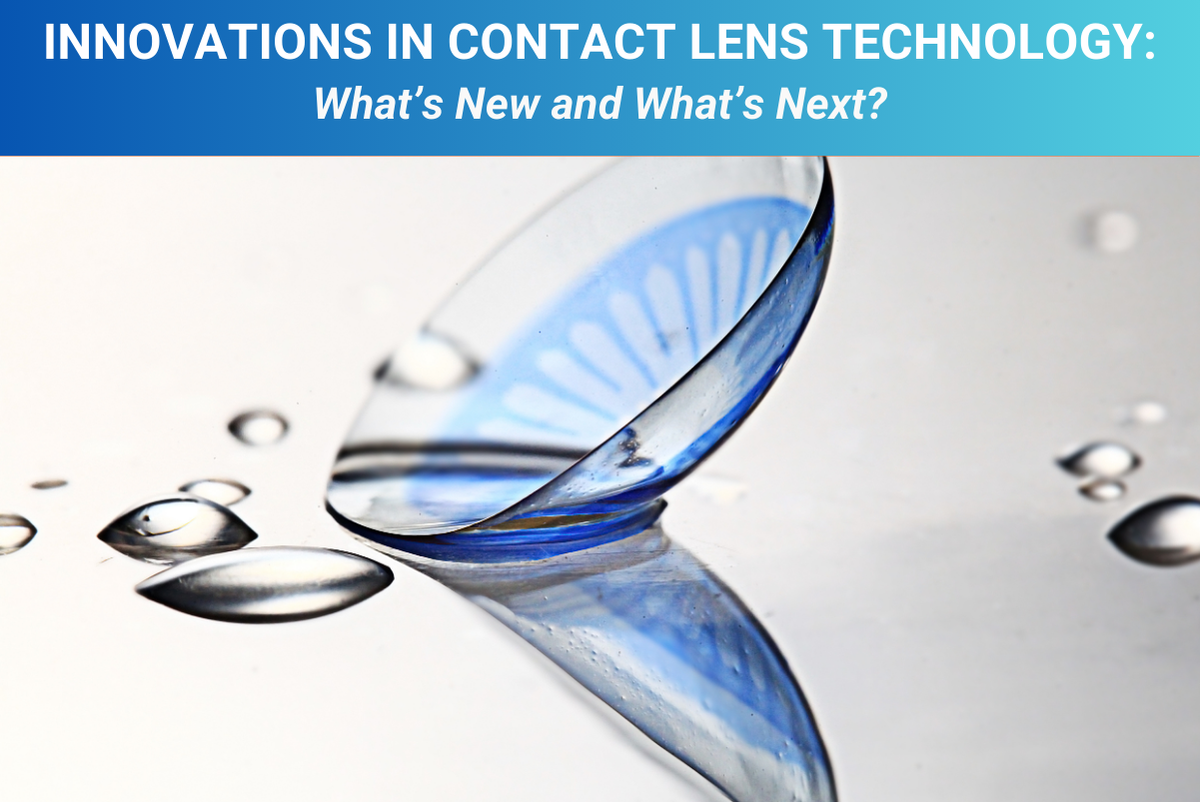
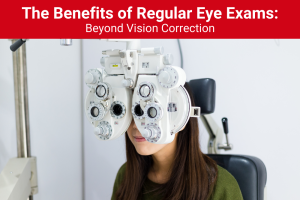
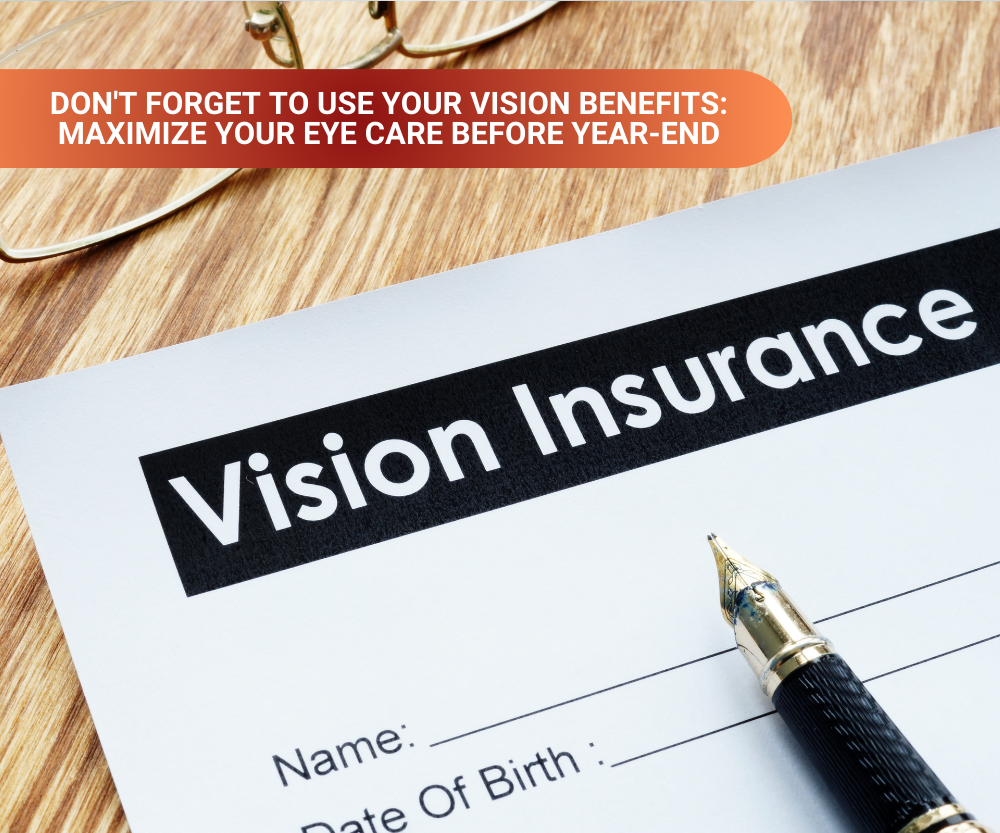
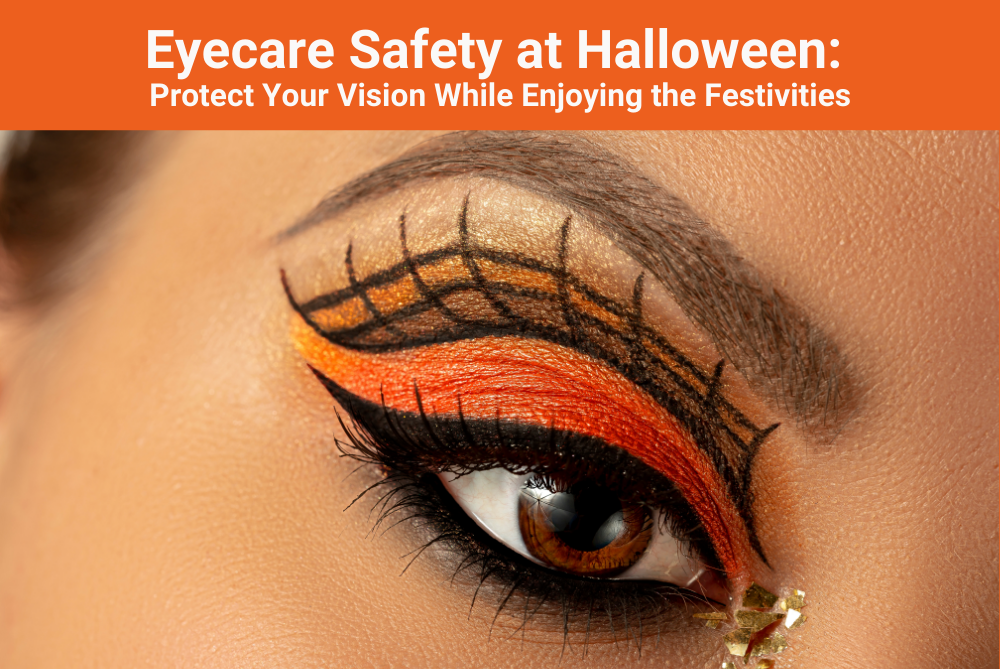
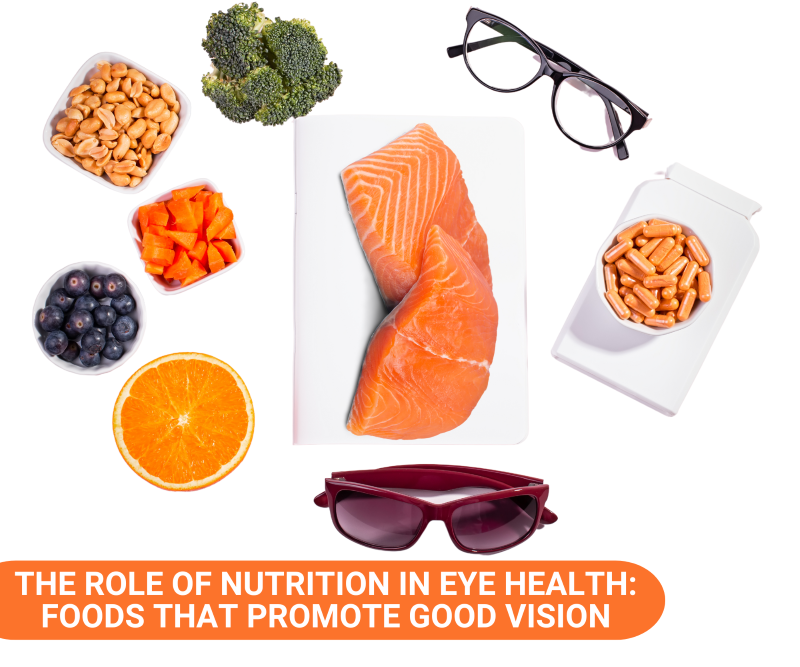
Office Hours
- Monday
- -
- Tuesday
- -
- Wednesday
- -
- Thursday
- -
- Friday
- -
- Saturday
- Closed
- Sunday
- Closed
Quick Links
Appointments
We will do our best to accommodate your busy schedule. Request an appointment today!
Copyright OmniVision Eye Care
